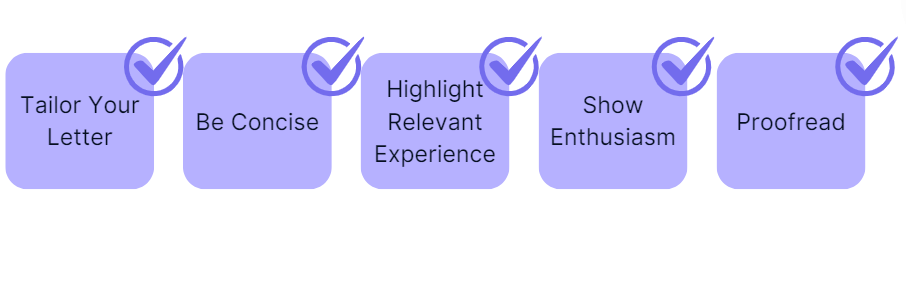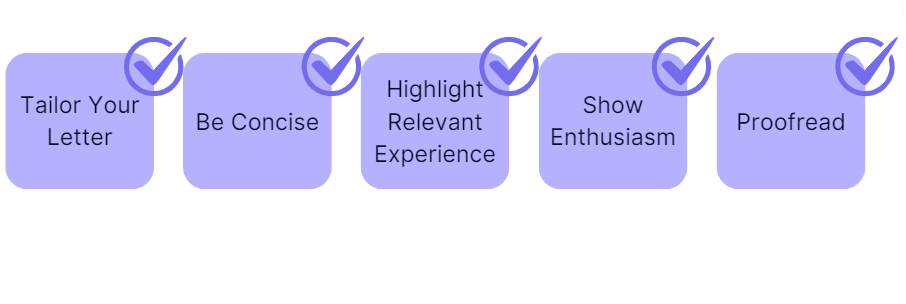Welcome, future financiers! Let’s be real: the investment banking cover letter might not be the most thrilling part of your job application process, but it’s a necessary step. While it may not carry as much weight as your resume or your interview performance, a well-crafted cover letter can still make a difference in getting your application noticed. In the fiercely competitive world of investment banking, every little advantage counts.
In this comprehensive guide, we’ll walk you through everything you need to know about writing an effective investment banking cover letter. From structure and formatting to key points and common pitfalls, we’ve got you covered. So, let’s get started and ensure your cover letter does its job – getting you one step closer to landing that dream job in investment banking.











